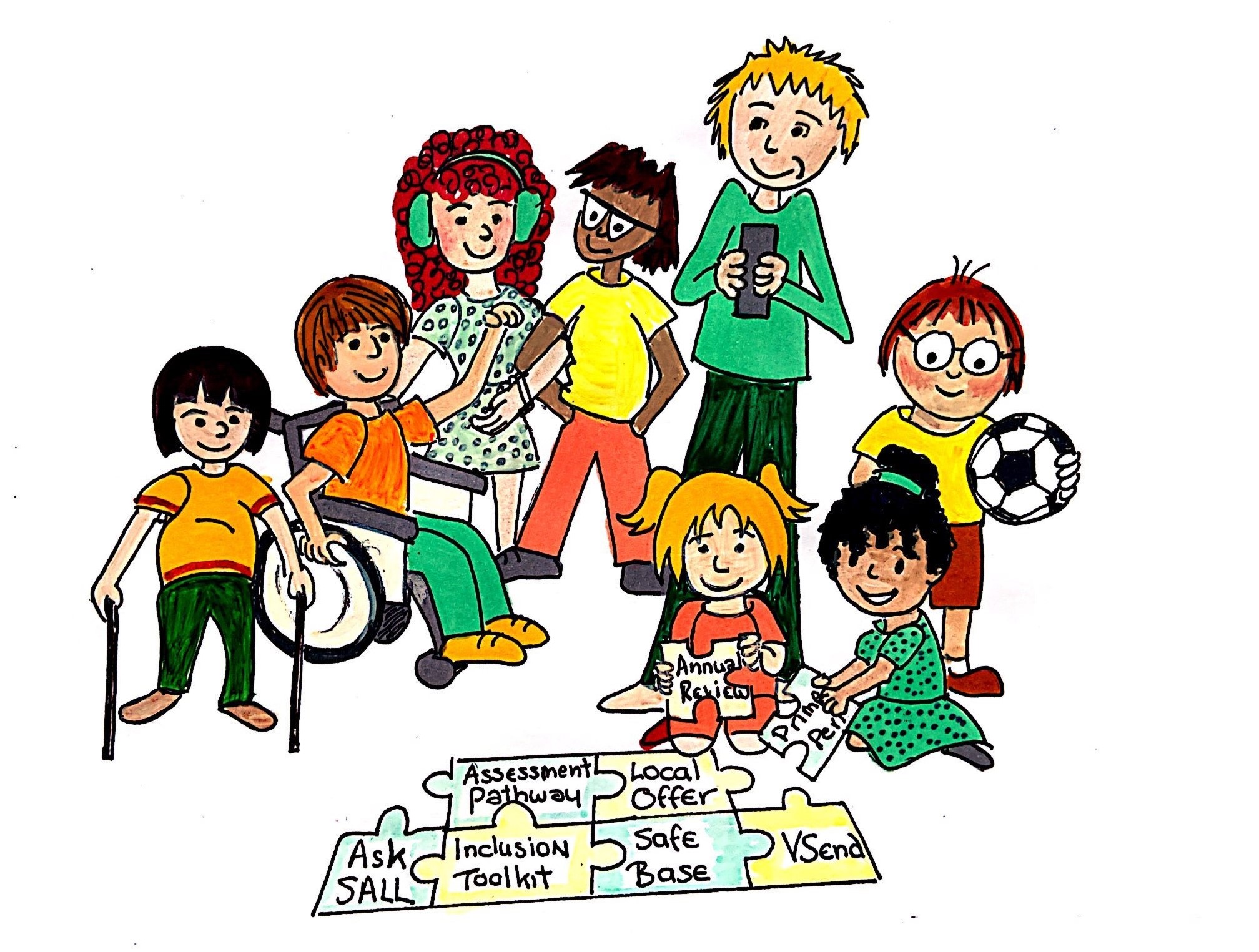Level 7-10 what you may notice
0-5
Level 7-8
- ongoing delayed motor skills. For example, difficulties standing alone, pulling up on furniture, and bouncing up and down
- reluctance to move, with difficulties in crawling or walking resulting in frequent bumps or falls.
- child has significant medical needs impacting on their ability to access daily life safely. When these conditions are at their most severe, they may be life-threatening. Child may be losing skills
- child delayed in coordinating body movement, including jumping, throwing, walking, running, and balance
- medical procedures needed during the day
- periods of hospitalisation required
Level 9-10
- unable to walk, stand or sit independently.
- child has severe and complex medical needs that seriously limit their ability to access daily life safely and may be a persistent, life-threatening or life-limiting condition. May result from a developing neuro-muscular degenerative condition or traumatic incident resulting in an acquired brain or physical injury. Close monitoring required to ensure safety
- the need for high level support for all personal care, mobility, daily routines and learning needs
- multiple complex physical difficulties. Wheel chair dependent and may or may not be able to communicate intentionally
5-16
Level 7-8
The pupil has a severe motor impairment and uses a wheelchair some or all of the time. They need adult help to change their position,for example, wheelchair to class chair, wheelchair to toilet, to stand and turn, or may need to use a hoist. The pupil will have involvement of physiotherapy or occupational teams.
- they have very limited fine motor skills and require significant time to complete simple motor tasks
- fatigue resulting from underlying health conditions is routinely impacting on attendance and meaning a significant proportion of school time is missed
- significant communication needs resulting from their physical disability
- they have severely limited mobility, including being dependent on others, equipment for mobility and being unstable when seated
- has a medical condition that impacts on personal hygiene (a catheter, colostomy bag)
- significant medical needs impacting on their ability to access daily life safely, including schooling. When these conditions are at their most severe, they may be life-threatening
- one or more health domains assessed as ‘severe’ as part of a continuing healthcare assessment
- health is negatively impacted by their weight (either under- or over-weight) or delay in development of other areas of independence
Cerebral Palsy GMFCS level III
- walks with assistive mobility devices indoors and outdoors on level surfaces
- may be able to climb stairs using a railing
- may propel a manual wheelchair and need assistance for long distances or uneven surfaces
- the pupil has significant potential to improve or deteriorate without adult intervention
Cerebral Palsy GMFCS level IV
- walking ability severely limited even with assistive devices
- uses wheelchairs most of the time and may propel own power wheelchair
- standing transfers, with or without assistance
Cerebral Palsy MACS level IV
- handles a limited selection of easily managed objects in adapted situations
- performs parts of activities with effort and with limited success
- requires continuous support and assistance or adapted equipment, for even partial achievement of the activity
- young person with Duchene Muscular Dystrophy who can no longer walk, but has some upper limb function
Level 9-10
The pupil has multiple, complex physical difficulties which affect their whole body. The pupil is dependent on a wheelchair and requires a hoist to move. They require multiple pieces of personal equipment, for example, moulded seat, assistive technology and wheelchair. They have physiotherapy or occupational team involvement. Their needs are met through a highly specialised provision and timetable in a specialist setting.
- fine and gross motor difficulties limit access to daily life including participation in the classroom
- not managing to access learning due to fatigue resulting from underlying health conditions
- they are unable to chew food or take food orally
- has severely limited head and trunk control
- has a complex medical need requiring frequent monitoring and medical intervention throughout the school day
- severe and complex medical needs, that seriously limit their ability to access daily life safely and may be a persistent, life-threatening or life-limiting condition, or a degenerative condition
- one or more health domains assessed as ‘priority’ as part of a continuing healthcare assessment
- health is negatively impacted by their weight (either under- or over-weight) or delay in development of other areas of independence
- they believe they cannot access learning and community environments due to nature of their health condition
Cerebral Palsy GMFCS level V
- has physical impairments that restrict voluntary control of movement
- ability to maintain head and neck position against gravity restricted
- impaired in all areas of motor function
- cannot sit or stand independently, even with adaptive equipment
- cannot independently walk but may be able to use powered mobility
MACS level V
- does not handle objects and has severely limited ability to perform even simple actions


